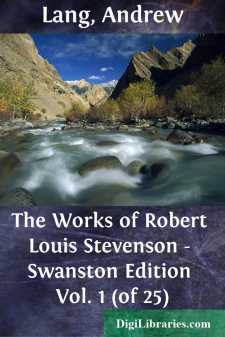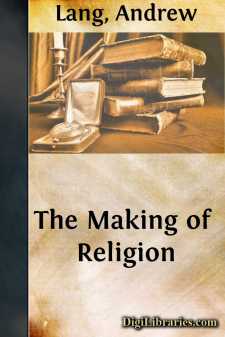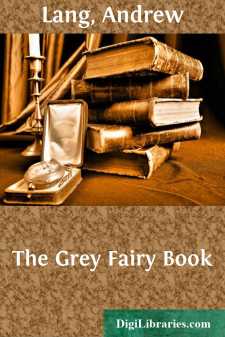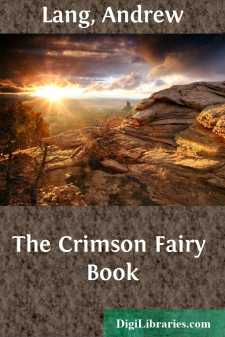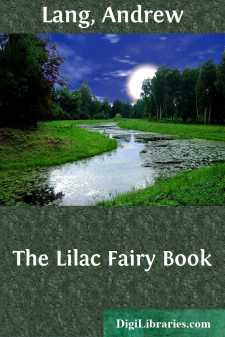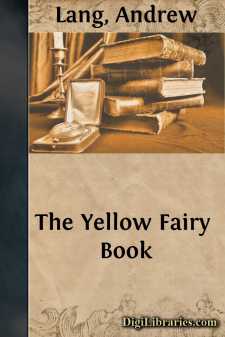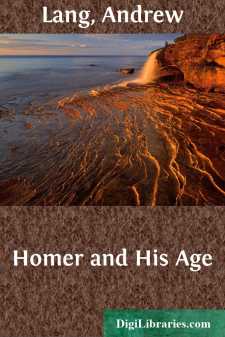Categories
- Antiques & Collectibles 13
- Architecture 36
- Art 48
- Bibles 22
- Biography & Autobiography 813
- Body, Mind & Spirit 141
- Business & Economics 28
- Children's Books 12
- Children's Fiction 9
- Computers 4
- Cooking 94
- Crafts & Hobbies 4
- Drama 346
- Education 46
- Family & Relationships 57
- Fiction 11826
- Games 19
- Gardening 17
- Health & Fitness 34
- History 1377
- House & Home 1
- Humor 147
- Juvenile Fiction 1873
- Juvenile Nonfiction 202
- Language Arts & Disciplines 88
- Law 16
- Literary Collections 686
- Literary Criticism 179
- Mathematics 13
- Medical 41
- Music 40
- Nature 179
- Non-Classifiable 1768
- Performing Arts 7
- Periodicals 1453
- Philosophy 64
- Photography 2
- Poetry 896
- Political Science 203
- Psychology 42
- Reference 154
- Religion 513
- Science 126
- Self-Help 83
- Social Science 81
- Sports & Recreation 34
- Study Aids 3
- Technology & Engineering 59
- Transportation 23
- Travel 463
- True Crime 29
The Works of Robert Louis Stevenson - Swanston Edition Vol. 1 (of 25)
by: Andrew Lang
Categories:
Description:
Excerpt
So much has been written on R. L. Stevenson, as a boy, a man, and a man of letters, so much has been written both by himself and others, that I can hope to add nothing essential to the world's knowledge of his character and appreciation of his genius. What is essential has been said, once for all, by Sir Sidney Colvin in "Notes and Introductions" to R. L. S.'s "Letters to His Family and Friends." I can but contribute the personal views of one who knew, loved, and esteemed his junior that is already a classic; but who never was of the inner circle of his intimates. We shared, however, a common appreciation of his genius, for he was not so dull as to suppose, or so absurd as to pretend to suppose, that much of his work was not excellent. His tale "Thrawn Janet" "is good," he says in a letter, with less vigour than but with as much truth as Thackeray exclaiming "that's genius," when he describes Becky's admiration of Rawdon's treatment of Lord Steyne, in the affray in Curzon Street. About the work of other men and novelists, or poets, we were almost invariably of the same mind; we were of one mind about the great Charles Gordon. "He was filled," too, "with enthusiasm for Joan of Arc," says his biographer, "a devotion, and also a cool headed admiration, which he never lost." In a letter he quotes Byron as having said that Jeanne "was a fanatical strumpet," and he cries shame on the noble poet. He projected an essay on the Blessed Maid, which is not in "the veniable part of things lost."
Thus we were so much of the same sentiments, in so many ways, that I can hope to speak with sympathy, if not always with complete understanding, of Stevenson. Like a true Scot, he was interested in his ancestry, his heredity; regarding Robert Fergusson, the young Scottish poet, who died so young, in an asylum, as his spiritual forefather, and hoping to attach himself to a branch of the Royal Clan Alpine, the MacGregors, as the root of the Stevensons. Of Fergusson, he had, in early youth, the waywardness, the liking for taverns and tavern talk, the half-rueful appreciation of the old closes and wynds of Old Edinburgh, a touch of the recklessness and more than all the pictorial power which, in Fergusson, Burns so magnanimously admired.
But genealogical research shows that Stevenson drew nothing from the dispossessed MacGregors, a clan greatly wronged, from Robert Bruce's day, and greatly given to wronging others. Alan Breck did not like "the Gregara," apart from their courage, and in Alan's day they were not consistent walkers.
Stevenson, as far as one can learn, had no Celtic blood; none, at least, of traceable infusion: he was more purely Lowland than Sir Walter Scott. His paternal line could be traced back to a West Country Stevenson of 1675; probably a tenant farmer, who was contemporary with the Whig rising at Bothwell Bridge, with the murder of Archbishop Sharp, with Claverhouse, and Sir George Mackenzie, called "the bluidy Advocate." An earnest student of Mr. Wodrow's "History of the Sufferings," Louis did not find "James Stevenson in Nether Carsewell" among the many martyrs who live in the Libre d'Or of the Remnant. But he had "a Covenanting childhood;" his father, Mr. Thomas Stevenson, was loyal to the positions of John Knox (the theological positions); and, brought up in these, Louis had a taste, when the tenets of Calvin ceased to convince his reason, of what non-Covenanters endured at the hands of the godly in their day of power.
Every little Presbyterian, fifty years ago, was compelled to be familiar with the Genevan creed, as expressed in "The Shorter Catechism," but most little Presbyterians regarded that document as a necessary but unintelligible evil—the sorrow that haunted the Sabbath. I knew it by rote, Effectual Calling and all, but did not perceive that it possessed either meaning or actuality. Nobody was so unkind as to interpret the significance of the questions and answers; but somebody did interpret them for Stevenson, or his early genius enabled him to discover what it is all about, as he told me once, and it seems that the tendency of the theology is terribly depressing. A happier though more or less theological influence on his childhood he found in the adventures and sufferings of the Covenanters. It is curious (and shows how much early education can do) that he never was a little Royalist: always his heart, like Lockhart's, which is no less strange, was with the true blue Remnant. I can remember no proof that he was fascinated by the greatness of Montrose....


